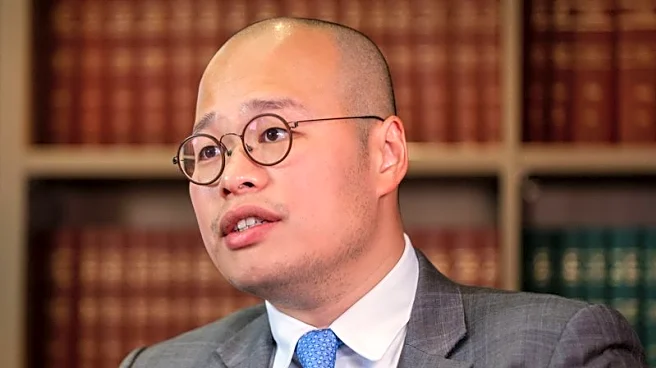Rapid Read • 7 min read
YouTube, the world's largest video-sharing platform, was founded on February 14, 2005, by Chad Hurley, Steve Chen, and Jawed Karim. Initially conceived as a video dating site, the platform quickly pivoted to a general video-sharing service. The first video, 'Me at the Zoo,' was uploaded by Karim, marking the beginning of a new era in online video content. YouTube's rapid growth led to its acquisition by Google in 2006 for $1.65 billion. The platform now boasts over 2.1 billion users worldwide, making it a significant source of entertainment and income for many.
AD
YouTube's evolution from a simple video-sharing site to a global media powerhouse has had profound implications for digital content creation and consumption. It has democratized video production, allowing anyone with internet access to share their stories and reach a global audience. This has led to the rise of new forms of entertainment and information dissemination, impacting traditional media industries. The platform's monetization strategies have also created new economic opportunities for content creators, contributing to the emergence of a new class of digital entrepreneurs.
As YouTube continues to innovate, it is likely to further integrate advanced technologies such as artificial intelligence to enhance user experience and content discovery. The platform may also expand its monetization options to support a broader range of creators. Additionally, YouTube's role in shaping digital culture and influencing public discourse will likely grow, prompting ongoing discussions about content regulation and platform responsibility.
YouTube's impact extends beyond entertainment, influencing education, politics, and social movements. The platform has become a vital tool for educators and activists, providing a space for learning and advocacy. However, it also faces challenges related to content moderation and misinformation, highlighting the need for balanced policies that protect free expression while ensuring user safety.
AD
More Stories You Might Enjoy











